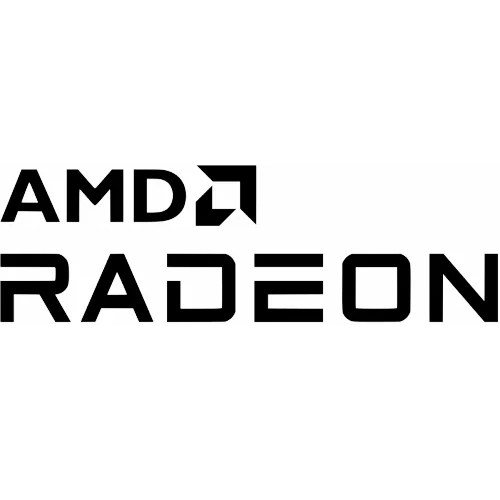AMD Radeon ProRender Plug-Ins Switch To HIP For Newer GPUs Rather Than OpenCL

The Radeon ProRender plug-ins for Blender, Maya, and USD have all been updated now to use HIP with newer AMD GPUs. The OpenCL support though will remain available for "legacy" GPU support. AMD HIP is available with the company's ROCm compute stack.
Using the HIP target rather than OpenCL should yield better performance and is AMD's preferred support route moving forward. With these plug-ins the HIP path is used for the "RPR Final" path for delivering the most photo-realistic rendering. There is also the "RPR Interactive" mode making use of Vulkan and ray-tracing for more iterative design work with interactive rendering.
More details on the updated Radeon ProRender plug-ins for HIP can be found via the GPUOpen.com blog. For those interested in the Radeon ProRender support for the Blender software on Linux, the plug-in can be downloaded directly from GitHub.
2 Comments

